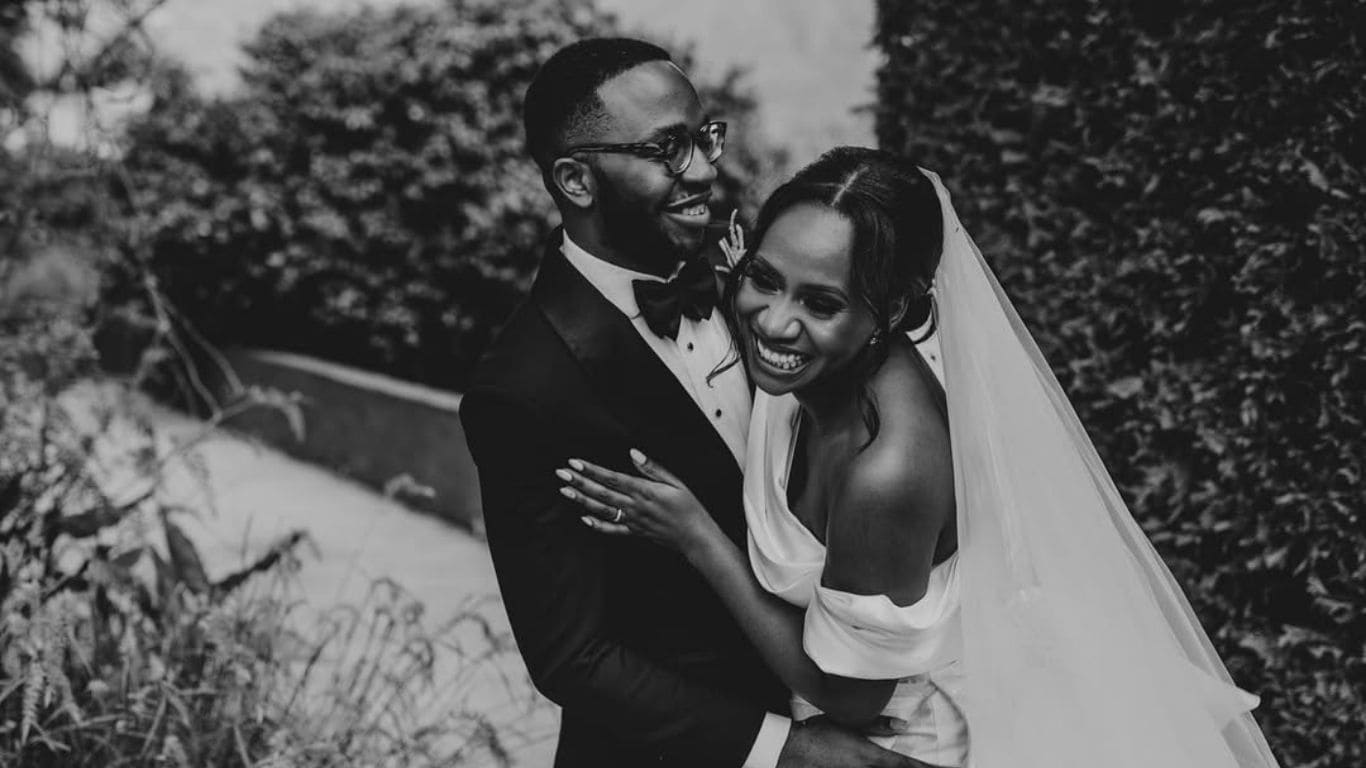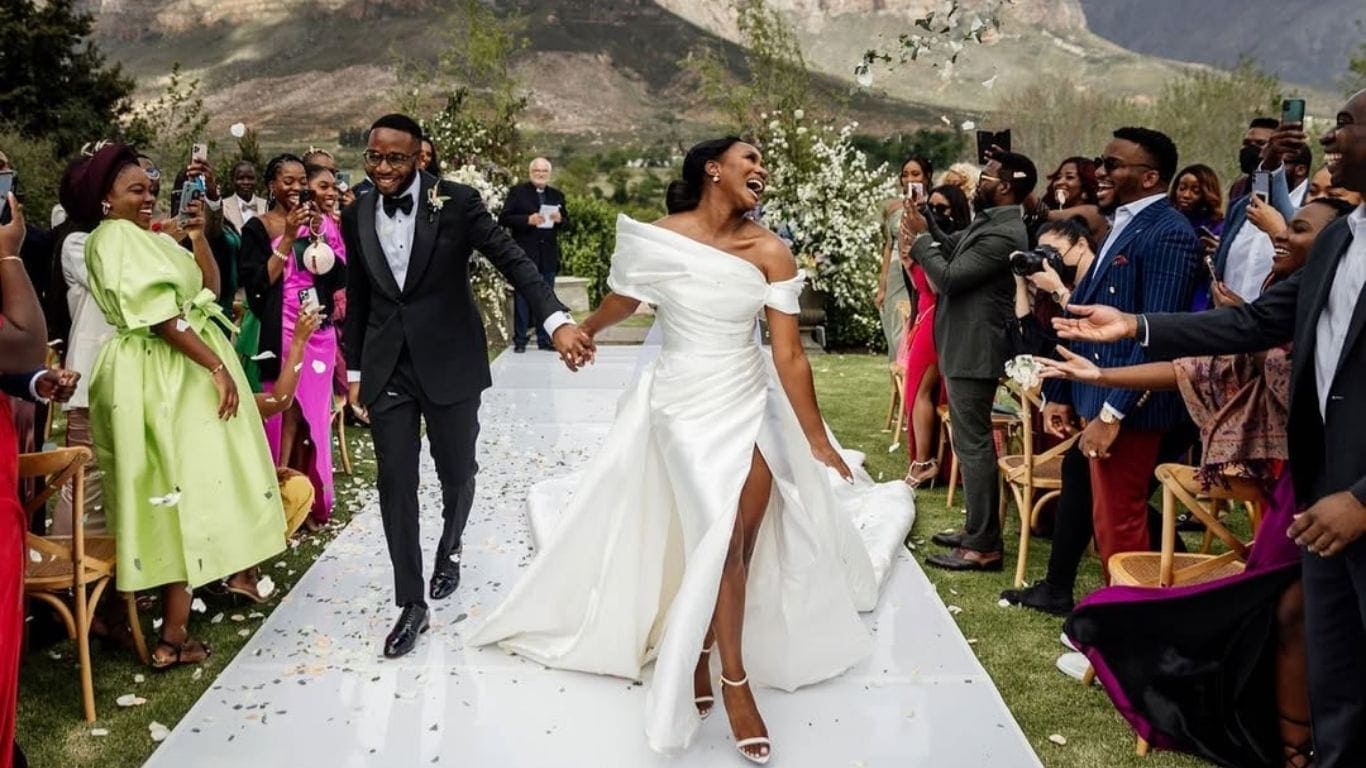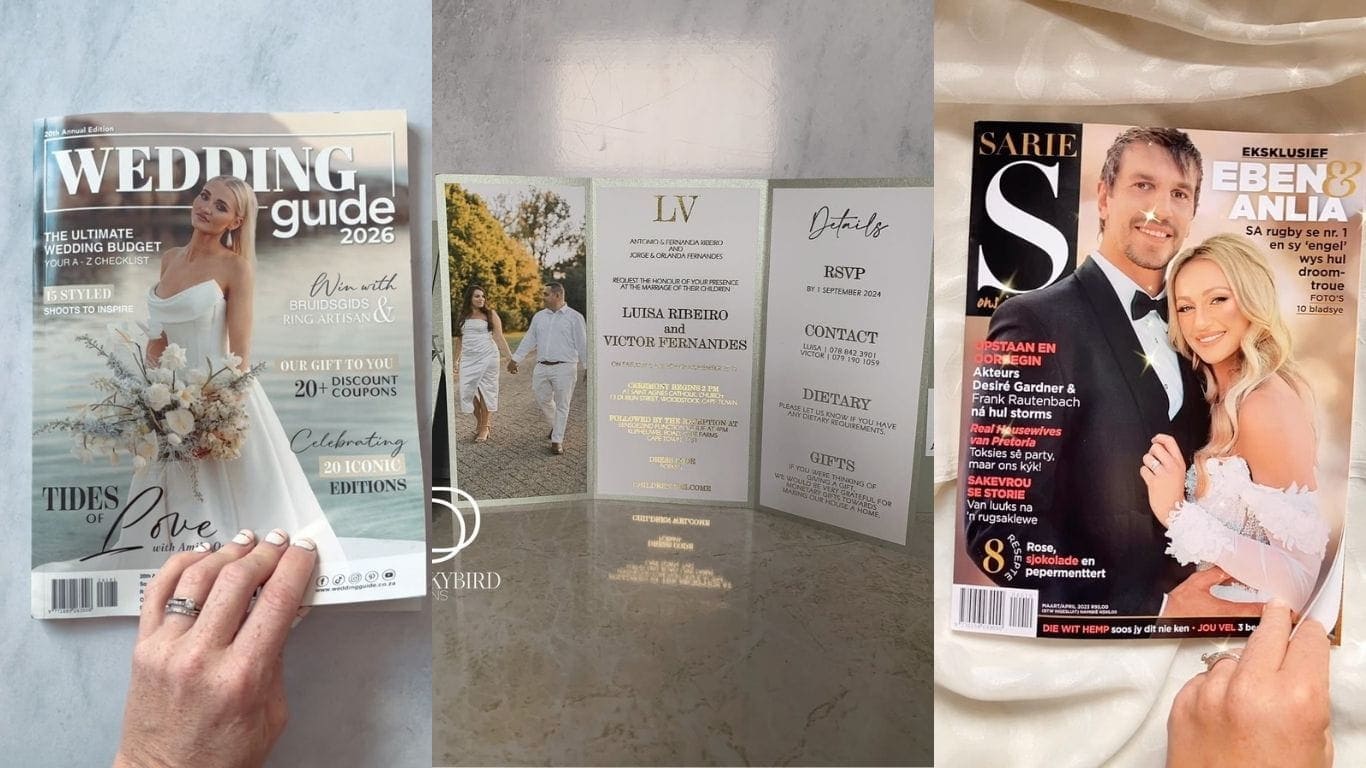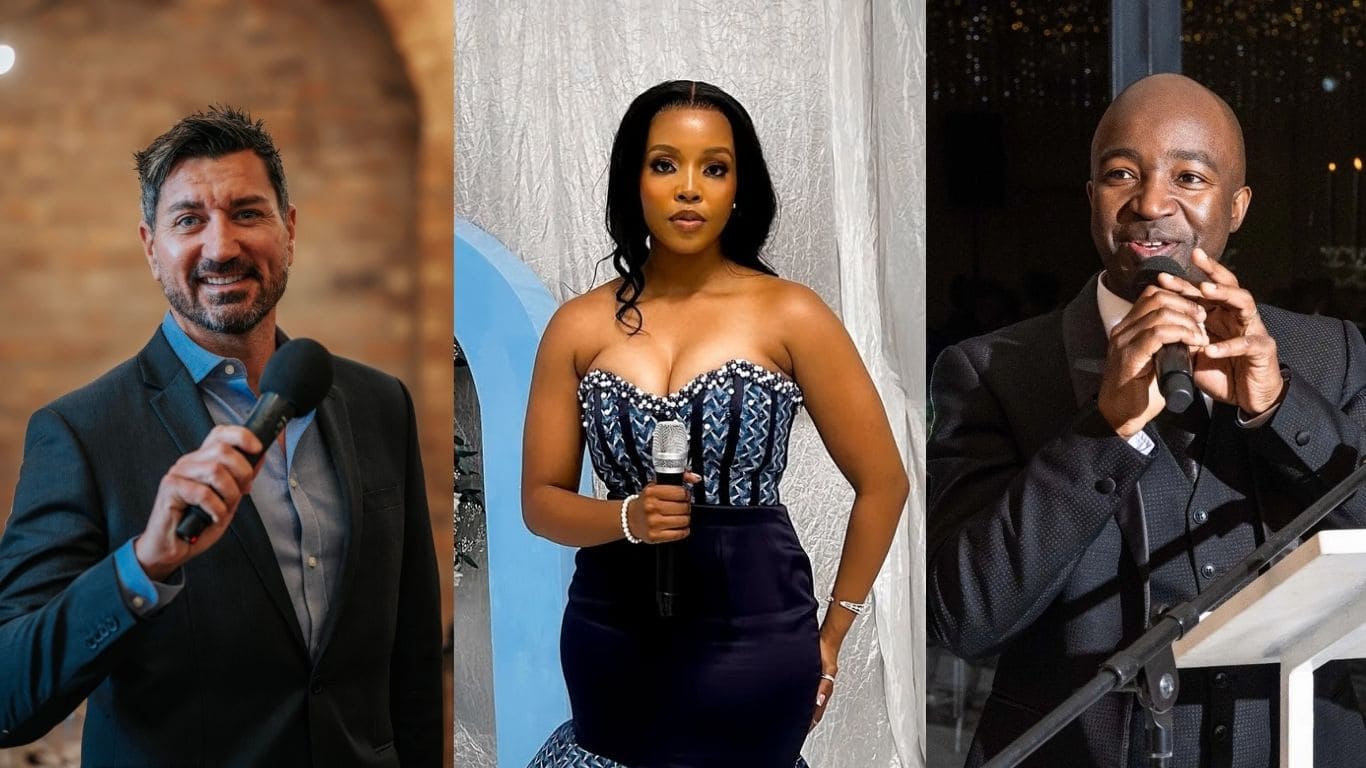What is a traditional wedding, and why is the ceremony so important? Keep reading for more.
After viewing multiple exquisite cultural exhibits during a traditional wedding on social media, a white friend of mine who had never traveled to Africa once asked me what a traditional wedding was.
The truth is that, given how quickly things go viral online, she is not the only one dealing with this kind of inquisition; many have also come across footage similar to that and are looking for answers to their questions.
A traditional wedding stands as an embodiment of cultural richness, historical significance, and communal unity. Beyond being a mere ceremony, it is a tapestry woven with the threads of customs, rituals, and values passed down through generations.
The essence of a traditional wedding is often overlooked in today’s landscape of weddings, which is adorned with modern luxuries and trends. The attraction of lavish locations, stylish attire, and avant-garde ceremonies often overshadows the inherent value of honoring cultural rituals and customs. Learn more about traditional weddings in Africa below.
What is the significance of a traditional wedding?

During the traditional ceremony, sometimes referred to as the cultural, customary, or engagement ceremony, the bride and groom will don traditional attire. The bride will don a vibrantly colored kente cloth, which is a fabric composed of interwoven silk and cotton. In a typical Ghanaian traditional wedding, the Kente gives the feeling of royalty.
A traditional wedding is important because it is a guardian of cultural legacy. It is a vessel that holds the core of a community’s identity, preserving and extending customs and values that are centuries old. These rituals are more than just symbolic; they represent the collective knowledge, experiences, and wisdom of a community, guaranteeing their survival over time.
A traditional wedding is a patchwork of ceremonies and rituals, each with significant symbolic significance. From exchanging gifts to symbolizing unity and the beginning of a new family, each gesture has layers of meaning. These customs and practices are not random; rather, they act as a link between the past, present, and future, preserving cultural continuity and identity.
In addition, a traditional wedding promotes a sense of community cohesion and solidarity. It unites families, cousins, and the larger community in a mutual celebration. It is not just about two people getting married; it is about families joining and social bonds being strengthened. The community’s involvement creates a sense of identity and bonds relationships, which in turn nurtures the web of interconnected societies.
The educational value of traditional weddings is also important. They provide younger generations with an immersive lesson about their cultural heritage, values, and customs. By actively participating in these ceremonies, they imbibe the traditions that form the foundation of their identity and absorb the essence of their roots.
However, despite its significance, the traditional wedding frequently faces difficulties in the modern era. The attraction of globalization and modernity can sometimes result in the diluting or disregarding of these ancient customs. Younger generations may prioritize convenience over adherence to cultural rituals, influenced by current trends and lifestyles.

In an age of fast-paced living and diverse societal influences, some consider traditional weddings cumbersome or outdated, overlooking their enduring value. Additionally, the logistical challenges and costs associated with traditional ceremonies may discourage some from fully embracing their cultural heritage.
The importance of a traditional wedding, however, cannot be overstated. It serves as a link between the past and the present, a guardian of cultural legacy, and a unifying celebration for communities. It is a patchwork of traditions, rituals, and values that define a collective identity and nurture the essence of cultural heritage. In a world that is changing quickly, honoring and maintaining these traditions in a traditional wedding is a testament to the richness and resilience of diverse cultures.

A summary of the essence of a traditional wedding
- Cultural diversity is embodied in traditional weddings, which uphold long-standing traditions and morals that have been passed down through the ages.
- Every event and ritual has rich symbolic meaning, signifying good fortune, harmony, and the collective knowledge of the community.
- Families and communities come together for these marriages, which promote unity, fortify bonds, and strengthen social ties.
- For youngsters, they provide immersive educational environments that provide insights into cultural heritage, beliefs, and customs.
- These important practices can occasionally be neglected or diluted due to modern influences, logistical challenges, and costs.
- Traditional weddings continue to be important despite obstacles because they build a connection between the past and present, protect cultural identity, and honor a variety of heritages.







